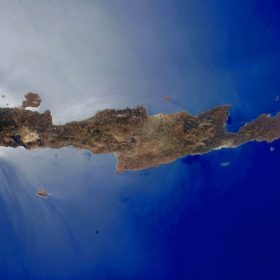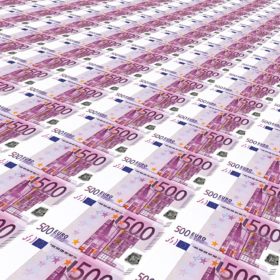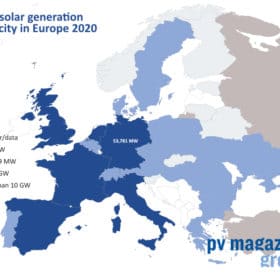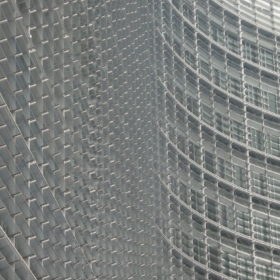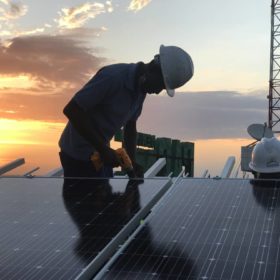EU approves renewables incentives for Greek islands
The European Commission has given its seal of approval to a government program which will drive an estimated 264 MW of solar and wind capacity across 47 islands while they await connection to the mainland grid.
Latvian plan to exempt big energy consumers from renewables surcharge approved by EU
The Baltic state has offered energy-intensive, international-facing industries up to an 85% discount on a surcharge levied on electricity consumers since May 2017 and made the scheme wider ranging this year, in a move approved by the European Commission.
EU member states charging toward unambitious PV targets – SolarPower Europe
The national goals set by European countries two years ago already look hopelessly out of date thanks to the global PV boom. The Euro trade association for the industry has called for ambitions to be radically scaled up in 2023 if the world is to have any chance of capping temperature rises at 1.5C.
European Commission suggests zero-emission building mandate for 2030
The proposed measure, which will now pass to the Council of Ministers and European Parliament for debate, would further the adoption of PV, according to SolarPower Europe, especially if the commission’s proposal it be applied to public sector structures from 2027 is adopted.
Solar glass anti-dumping case sent back to EU’s general court
German company Glasmanufaktur Brandenburg and the European Commission claimed victory in the latest stage of a case which hinges on whether Chinese business Xinyi PV operates as a free-market manufacturer. The suit has been running since May 2014 and no immediate conclusion appears to be in sight.
European Commission approves €2.3bn renewables incentive plan by Greece
Competitive bidding for onshore solar and wind will establish a clean-power strike price acceptable to successful developers under the contracts-for-difference approach. The incentive scheme is also applicable to biogas, biomass, landfill gas, hydropower, concentrated solar power, and geothermal plants.
‘Africa should harness green hydrogen, not just export it’
Instead of using its abundant cheap renewable energy potential to generate the gas simply to feed the appetite of industrial consumers in Europe and elsewhere, Africa could attract the heavy manufacturing sectors concerned, such as steelmakers, to its shores, the African Energy Week event heard.
European Commission refuses to determine lawfulness of French 2006-10 solar FITs
With Paris having retroactively reduced solar feed-in tariff rates guaranteed for 20 years in 2006 and 2010, developer Solar Electric Holding has been unsuccessful in a legal bid to force the commission to decide on the compatibility of the incentive program with EU state aid rules.
The state of EU renewables – Solar cell plans encouraging but heat pump market could go the same way as European PV did
The European Commission has published its second annual assessment of the competitiveness of the EU’s renewable energy technology industries, and it had a warning for policymakers about the trade balance trend being experienced by heat pump makers.
SolarPower Europe highlights Polish rooftop incentive as case study for the effectiveness of policy support
The Euro trade body has promised to monitor the developing solar jobs market annually from now on, and pointed to Poland’s position at the top of the tree of EU member states for PV jobs last year as evidence the technology can still benefit from legislative backing.
